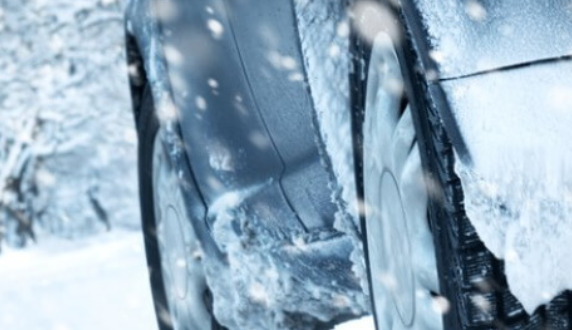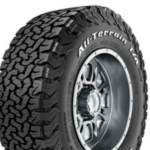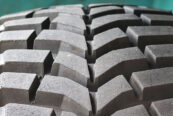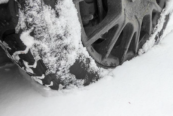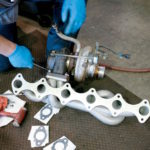Winter tires, also known as snow tires, are designed to provide better performance and safety in cold weather conditions. They are specifically made to handle extreme winter conditions like snow, ice, and freezing temperatures. Unlike regular tires, they are made with a softer rubber compound and deeper tread patterns that provide better grip and traction in slippery conditions.
Benefits of Winter Tires
Winter tires offer numerous benefits over regular tires, especially in winter conditions. Some of the benefits include:
Improved Traction
Winter tires are designed to provide better traction in cold weather conditions. They have deeper tread patterns and softer rubber compounds that offer better grip on snow and ice. This helps drivers to maintain control of their vehicles and reduce the risk of accidents.
Enhanced Braking Performance
Winter tires provide better braking performance on snow and ice surfaces. They have specialized tread patterns that allow them to bite into the snow and create more traction. This reduces the stopping distance and improves the overall safety of the vehicle.
Improved Handling
Winter tires provide better handling and stability in cold weather conditions. They have a softer rubber compound that allows them to flex and conform to the road surface, providing better grip and stability. This helps drivers to maintain control of their vehicles in slippery conditions.
Longer Lifespan
Winter tires are made with specialized rubber compounds that are designed to withstand extreme cold temperatures. This helps to prevent cracking and damage to the tire, resulting in a longer lifespan.
When to Use Winter Tires
Winter tires are designed to be used in cold weather conditions, typically when the temperature drops below 7 degrees Celsius (45 degrees Fahrenheit). They are especially useful in areas with heavy snowfall and icy conditions. It is recommended to switch to winter tires in late fall and switch back to regular tires in early spring.
How to Choose the Right Winter Tires
Choosing the right winter tires can be a daunting task, but it doesn't have to be. Here are some factors to consider when choosing winter tires:
Size
Ensure that you choose the right tire size for your vehicle. Winter tires come in different sizes, and it's important to choose the right one to ensure proper fit and performance.
Tread Pattern
The tread pattern is an important factor to consider when choosing winter tires. Look for tires with deep treads and sipes (slits in the tread blocks) that help to grip the snow and ice.
Rubber Compound
The rubber compound used in the tire is also important. Look for tires made with softer rubber compounds that remain pliable in cold temperatures.
Brand and Price
Choose a reputable brand and consider the price. While it may be tempting to go for cheaper options, it's important to invest in high-quality winter tires that offer better performance and safety.
How to Maintain Winter Tires
Maintaining winter tires is crucial to ensure their optimal performance and longevity. Here are some tips on how to maintain your winter tires:
Proper Inflation
Ensure that your winter tires are properly inflated. Cold temperatures can cause the tire pressure to drop, so it's important to check the pressure regularly.
Regular Rotation
Rotate your winter tires regularly to ensure even wear and prolong their lifespan.
Proper Storage
When not in use, store your winter tires in a cool, dry place away from direct sunlight. Avoid storing them near chemicals or substances that could damage the rubber.
Conclusion
Winter tires are an essential investment for drivers who live in areas with harsh winter conditions. They offer numerous benefits over regular tires, including improved traction, braking performance, handling, and longevity. By choosing the right winter tires and maintaining them properly, drivers can stay safe and confident on the road during the winter season.


